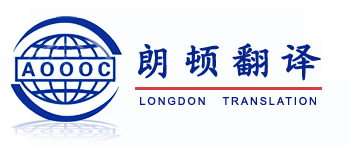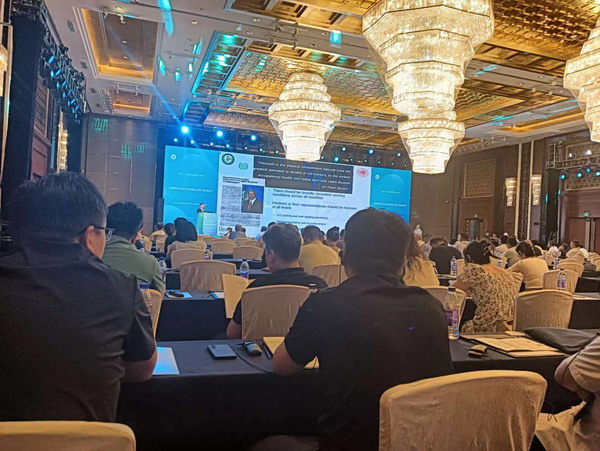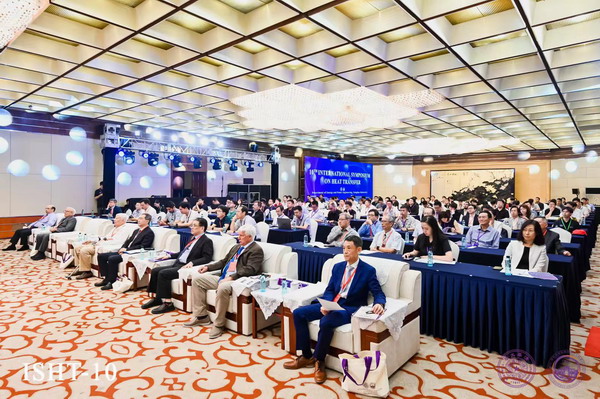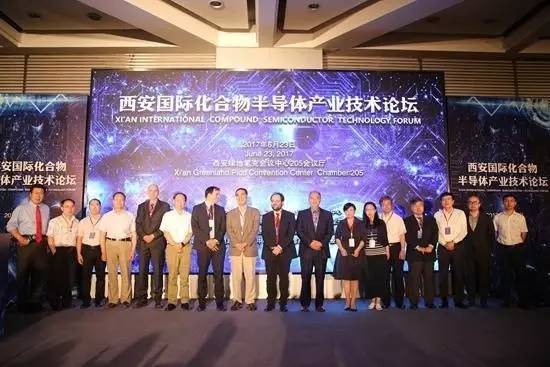Australia has agreed a cyber security pact with Beijing under which both countries have pledged not to conduct or support the theft of intellectual property or trade secrets from each other.
澳大利亞已與中國(guó)達(dá)成一項(xiàng)網(wǎng)絡(luò)安全協(xié)議。根據(jù)這項(xiàng)協(xié)議,兩國(guó)均承諾不會(huì)從事或支持竊取對(duì)方知識(shí)產(chǎn)權(quán)或商業(yè)秘密的行為。
The agreement follows a specific request made by Malcolm Turnbull, Australia’s prime minister, to Chinese Premier Li Keqiang during his state visit to Australia last month, and reflects growing concern in the west about state-sponsored hacking and cyber crime.
這項(xiàng)協(xié)議是在澳總理馬爾科姆?特恩布爾(Malcolm Turnbull)于中國(guó)總理李克強(qiáng)上月正式訪澳期間向李提出一項(xiàng)特別請(qǐng)求后出爐的,它反映出西方日益擔(dān)心由國(guó)家支持的網(wǎng)絡(luò)攻擊和網(wǎng)絡(luò)犯罪。
“Australia and China agreed that neither country would conduct or support cyber-enabled theft of intellectual property, trade secrets or confidential business information with the intent of obtaining competitive advantage,” the Australian government said in a statement on Monday.
周一,澳大利亞政府在一份聲明中表示:“澳大利亞與中國(guó)一致同意,兩國(guó)都不會(huì)從事或支持借助網(wǎng)絡(luò)展開的、意在獲取競(jìng)爭(zhēng)優(yōu)勢(shì)的、竊取知識(shí)產(chǎn)權(quán)、商業(yè)秘密或機(jī)密商業(yè)信息的行為。”
Canberra has stepped up its focus on cyber crime and espionage following its admission last year that government networks had in 2015 suffered a state-sponsored cyber attack that initially targeted the Australian Bureau of Meteorology. In January Mr Turnbull warned that Russia’s interference in the US election through hacking was of “great concern”.
去年,堪培拉方面承認(rèn),2015年澳政府網(wǎng)絡(luò)曾遭遇由國(guó)家支持的網(wǎng)絡(luò)攻擊,攻擊最初以澳大利亞氣象局(Australian Bureau of Meteorology)為目標(biāo)。在那之后,堪培拉方面加大了對(duì)網(wǎng)絡(luò)犯罪和間諜活動(dòng)的關(guān)注。今年1月,特恩布爾警告稱,俄羅斯通過網(wǎng)絡(luò)攻擊干預(yù)美國(guó)大選令人“極為關(guān)切”。
Peter Jennings, director of the Australian Strategic Policy Institute, said he had “no doubt whatsoever that the Chinese were responsible for the meteorology bureau attack”.
澳大利亞戰(zhàn)略政策研究所(Australian Strategic Policy Institute)所長(zhǎng)彼得?詹寧斯(Peter Jennings)表示,他“毫不懷疑中國(guó)人應(yīng)對(duì)氣象局遭受攻擊負(fù)責(zé)”。
He said the bilateral agreement made sense as China was the largest source of cyber espionage for Australia to consider. But he warned Canberra should be under no illusion that Beijing would continue to target Australian interests.
他說,這項(xiàng)雙邊協(xié)議是有意義的,因?yàn)橹袊?guó)是澳要考慮的最大間諜活動(dòng)來源。不過,他警告稱,北京方面會(huì)繼續(xù)把澳大利亞的利益當(dāng)作目標(biāo),堪培拉方面在這一點(diǎn)上不應(yīng)抱有幻想。

Tim Wellsmore, director of threat intelligence at global cyber security group FireEye, said the Australia-China pact looked similar to an agreement between US and China signed in 2015.
全球網(wǎng)絡(luò)安全集團(tuán)FireEye的網(wǎng)絡(luò)威脅情報(bào)部門主任蒂姆?韋爾斯莫爾(Tim Wellsmore)表示,這項(xiàng)澳中協(xié)議看上去與2015年美國(guó)與中國(guó)簽署的一項(xiàng)協(xié)議類似。
“It focuses on the theft of intellectual property and business-related issues but not espionage or political-inspired hacking,” he said.
“它關(guān)注的是竊取知識(shí)產(chǎn)權(quán)和商業(yè)相關(guān)問題,而不是間諜活動(dòng)或有政治動(dòng)機(jī)的網(wǎng)絡(luò)攻擊,”韋爾斯莫爾說。
A report by FireEye last year concluded there had been a notable decline in China-based groups’ overall intrusion activity against entities in the US since mid-2014. It said the shift in operations reflected the influence of military reforms in China, widespread exposure of Chinese cyber operations and actions taken by the US government.
FireEye去年發(fā)布的一份報(bào)告得出結(jié)論稱,自2014年年中以來,以中國(guó)為基地的組織對(duì)在美實(shí)體發(fā)起的入侵活動(dòng)總體上顯著減少。該報(bào)告稱,這一行動(dòng)上的轉(zhuǎn)變反映出中國(guó)軍事改革、中國(guó)網(wǎng)絡(luò)行動(dòng)遭廣泛曝光以及美國(guó)政府所采取的行動(dòng)帶來的影響。




